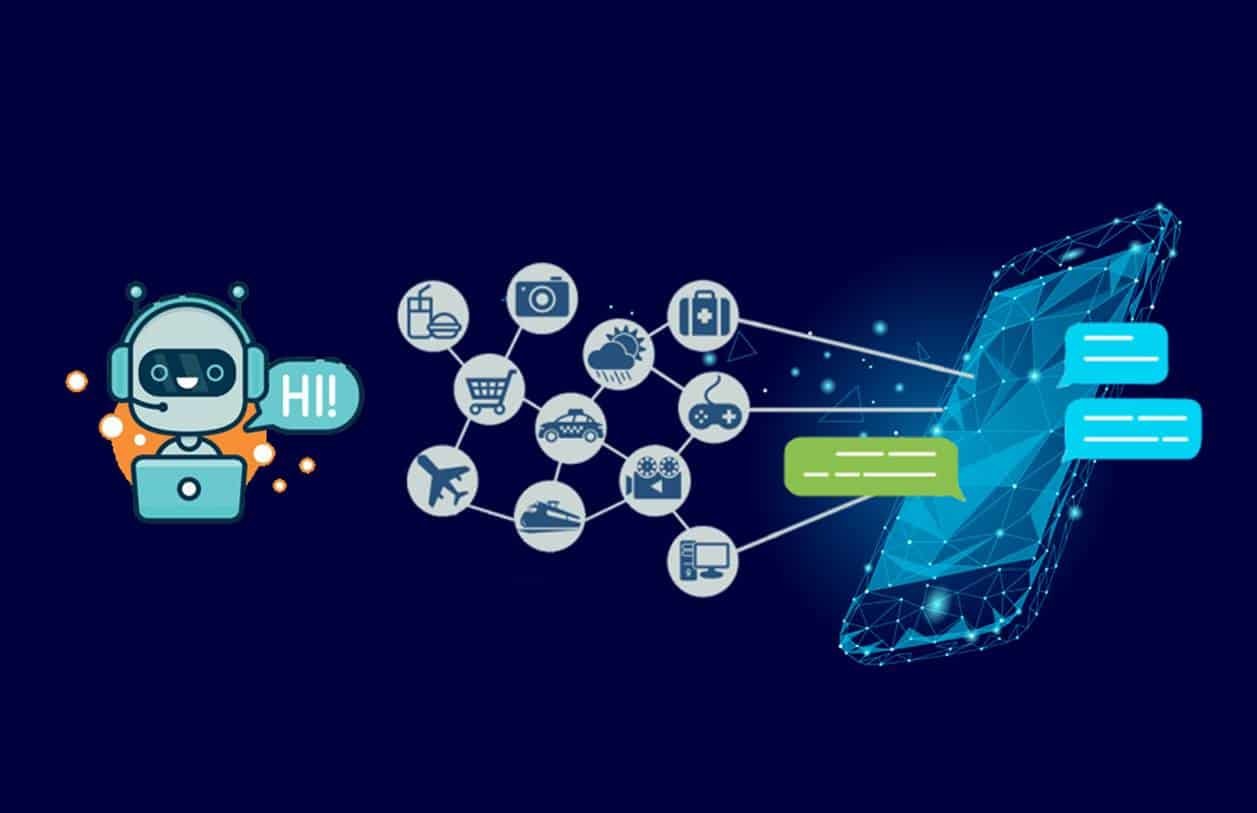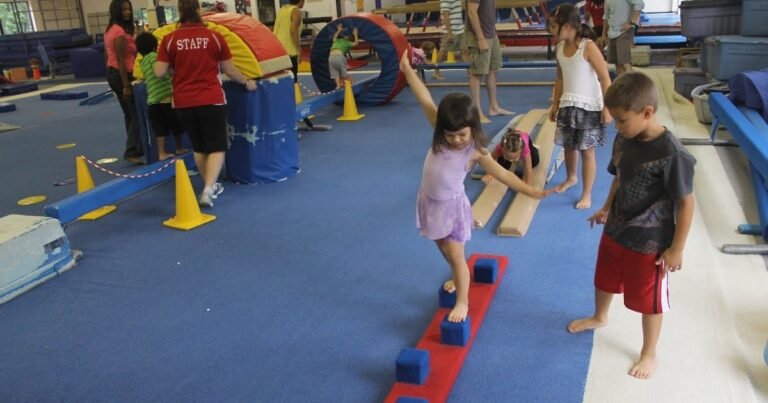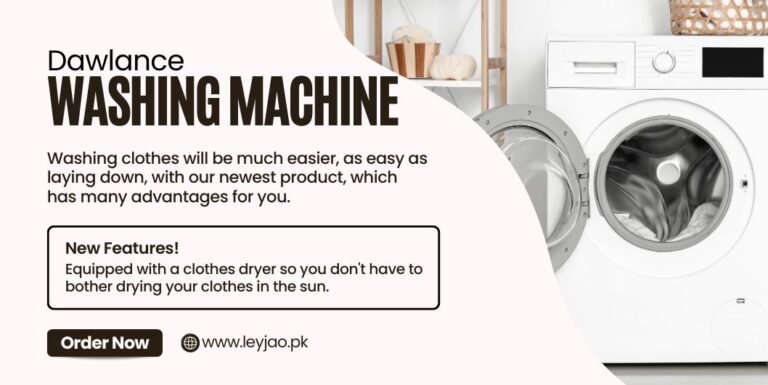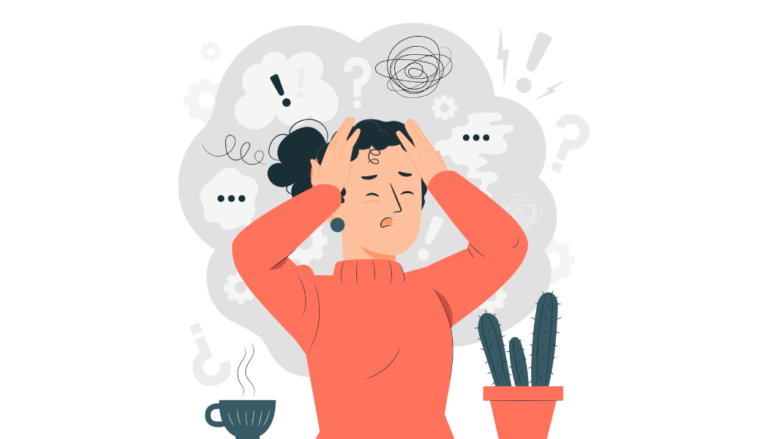Best iPhone App Ideas for Beginner Developers to Start Building
As a beginner iPhone developer, one of the biggest challenges is coming up with the right app idea that’s both manageable and impactful. You don’t need to create the next big thing right away—sometimes starting small with a clear, focused project is the best approach. Whether you’re looking to practice your coding skills or build something you can monetize, starting with the right idea is essential.
We’ll cover 15 iPhone app ideas that are perfect for beginner developers, even allowing you to deliver iPhone app development services. These ideas focus on simplicity while still offering valuable features and opportunities to grow your app development skills.
15 iPhone App Ideas For Beginners
Here’ the complete list of innovative app idea to catapult your app development:
1. To-Do List App
A to-do list app is a great place to start. It’s relatively simple to build, but you can add more features as you become more experienced. Features like task priorities, notifications, and deadlines will give you a deeper understanding of managing user data and creating a seamless user experience.
2. Recipe App
Cooking apps are always in demand, and a recipe app is perfect for a beginner. You can start with a basic list of recipes that users can search and bookmark. From there, you can enhance the app by adding features like shopping lists, meal planning, or even user-generated content.
3. Habit Tracker
Habit tracking apps help users maintain good habits and eliminate bad ones. The app’s logic can be relatively straightforward—users input a habit and track their daily progress. You can add gamification features or reminders to keep users engaged over time.
4. Fitness Tracker
A simple fitness tracker app allows users to log their workouts, set goals, and track their progress. This kind of app helps you learn how to manage databases and work with user-generated content. You can also include features like activity timers and progress charts.
5. Expense Tracker
An expense tracker app teaches you how to handle multiple data points and present that information to users in a clean, understandable way. Start with basic income and expense tracking and later implement features like monthly reports, graphs, and categories.
6. Weather App
Building a weather app gives you hands-on experience with APIs, as you’ll need to fetch live weather data. You can keep the design simple, focusing on delivering accurate weather forecasts to users. It’s a great way to learn how to integrate third-party services into your app.
7. Meditation App
A meditation app can be simple to build but offers room for growth. Start with basic meditation sessions, allowing users to choose from different timers. As you grow more comfortable, add calming sounds or guided meditation options.
8. Flashcard App
A flashcard app is excellent for learning and is relatively easy to build. Users can create decks of cards for different topics. You can later introduce features like spaced repetition or voice integration to make it more interactive.
9. Language Learning App
Language learning is always popular, and starting with a simple app that teaches basic vocabulary or phrases is manageable for a beginner. You can later add progress tracking or quizzes to make the app more interactive and useful.
10. Simple E-commerce App
If you’re interested in app development related to retail, try building a small-scale e-commerce app. Start with a basic catalog of products, a shopping cart, and checkout functionality. Later, you can implement payment gateway integration and improve the user interface to mimic real-world e-commerce platforms.
11. Health and Wellness App
Health and wellness apps are in demand, focusing on mental or physical health. A beginner-friendly app could track water intake, remind users to take breaks, or offer self-care tips. You can start small and then add user input and notifications to enhance the functionality.
12. Social Event App
A simple app for organizing social events or gatherings can be a fun project. It allows users to create events, invite friends, and track RSVPs. You can also include social sharing features to help users promote their events.
13. News Aggregator App
Creating a news aggregator app lets you practice working with APIs and collecting data from different sources. The app can present headlines and short summaries, allowing users to click through to the full articles. Over time, you can add features like category filtering or a personal newsfeed based on user preferences.
14. Music Player App
A basic music player app is relatively easy to start. It helps you practice handling audio files, creating playlists, and building a user-friendly interface. As you grow more skilled, you can add equalizer settings or music visualization features.
15. Personal Journal App
A personal journal app is perfect for beginners who want to build something simple yet functional. Users can write and store entries, add timestamps, and even categorize their journal entries. You can later add password protection and formatting options to make it more versatile.
FAQs
- What type of app should I make as a beginner?
As a beginner, it’s best to start with simple apps like a to-do list app or habit tracker. These types of apps are straightforward and manageable, allowing you to focus on learning the core concepts of app development without getting overwhelmed. - Do small apps make money?
Yes, small apps can absolutely make money. Many successful iPhone apps started small and gained popularity over time. With strategies like in-app purchases, ads, and subscriptions, even simple apps can generate revenue if they provide value to users. - How do free apps earn money?
Free apps typically make money through in-app purchases, ads, and premium features. You can offer a free version with basic functionality and charge users for additional features or remove ads for a fee. - Can I sell my app idea?
Selling an app idea can be challenging, as most companies prefer to buy fully developed apps rather than just ideas. However, you can pitch your idea to investors or partner with an iPhone app development company to bring it to life. - How to code an iOS app?
To code an iOS app, you’ll need to learn Swift, Apple’s programming language for iPhone apps development services. You’ll also need to get familiar with Xcode, the integrated development environment (IDE) used to develop iOS apps. There are numerous online tutorials and courses that can guide you through the process, starting from the basics.






